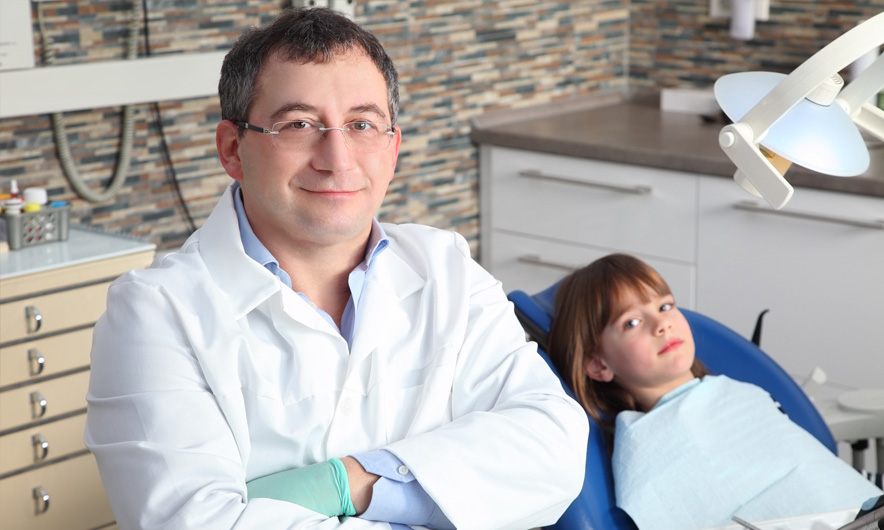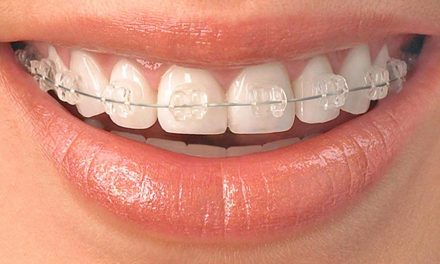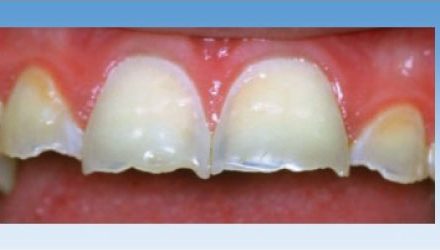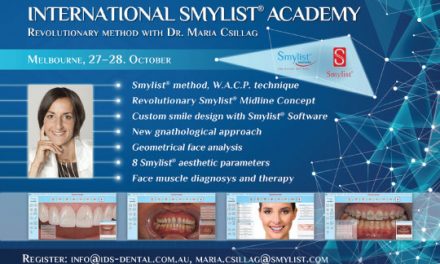“With the right orthodontic training, general dentists can become better clinicians and increase their revenue – all without upsetting their specialist colleagues”, says leading specialist, Dr Derek Mahony.
General dentists performing orthodontics is a touchy subject and Sydney orthodontist Derek Mahony has long been in the thick of it, controversially siding with GPs as well as putting his money where his mouth is: he runs his own mini-residencies and mentors hundreds of dentists. Now, with more orthodontic cases around the world initiated by general dentists than specialists, he says it’s time for the two sides to work together and, let’s face it, all make their businesses more profitable.
“I’m willing to share knowledge because it creates a good working relationship,” he says, “and when the GPs perform their own cases I know they will refer the tough ones to specialists. Given the state of dentistry now, you’ve got to work with them, not against them.”
From his state-of-the-art lecture centre at Alexandria, Dr Mahony and his staff of instructors teach about 100 dentists a year. The typical course participant is likely to have done a short introductory orthodontics course before realising they need a much better grounding. He now has 15 years of teaching behind him and 1500 alumni. Graduates who complete all theory and clinical requirements can apply for a MClinDent awarded by the BPP University in the UK, in conjunction with the City of London Dental School.
Dr Mahony’s main claim to fame is interceptive orthodontics, which minimises the need for extractions. This is a key part of his courses but they cover the full range of treatments, from the simple to the complex. The next mini-residency in Orthodontics and Dentofacial Orthopaedics starts in March 2017. The focus is on investigation as well as correct and thorough note taking, formulation of treatment plans and communicating those plans to the patient or parents.
“We teach dentists exactly what they need to know and provide a strong support network for when things go wrong. I have a number of co-instructors from specialties such as sleep medicine and Ear, Nose and Throat because my teaching is very much based on getting in early: nasal obstruction in children affects their upper jaw, which causes dental crowding. My programme is not just about putting braces on and extracting teeth, it’s also about how to prevent malocclusions from occurring.”
In the first two years, participants commit three days every two months to a program of face-to-face lectures – including live in-house procedures with full audio-visual, plus online tutorials, literature reviews and their own hands-on training with typodonts and live patients. There is a third year of clinical training, involving one day a week, in one of Dr Mahony’s own practices. “Unlike many courses where they can do two or three years of theory before they do one case, we ensure that each dentist will complete 15 closely supervised cases to a high standard. If you do the maths you’ll find that that more than pays for their tuition fees.” The courses also include more discussion in which the dentist’s’ cases are subject to group review. “It’s open learning and there’s a good camaraderie.”
Dr Mahony says his course not only makes the participants better dentists, it also generates a substantial “recession-proof” revenue stream. Graduates incorporate orthodontic techniques to permit less aggressive procedures, like moving teeth before doing veneers, or restoring a collapsed bite before doing a crown and bridge. On the revenue side, he says he knows from 30 years’ experience that parents will make great sacrifices to help pay for their children’s “essential” orthodontic work. One impediment is the fear of cost and inconvenience when the dentist says they need to refer to a specialist. “But if their own dentist does the orthodontics, patients are quite comfortable with it. It reminds them that they go to this dentist for a reason, and it says this practice offers more than the average treatment options. Of course, the more complex cases are referred to a specialist.”
Contact EODO Course Coordinator, Dr. Sakshi Arora, BDS on (02) 9398 8338 or courses@eodo.com

T: 02 9398 8338
E: courses@eodo.com
www.eodo.com








